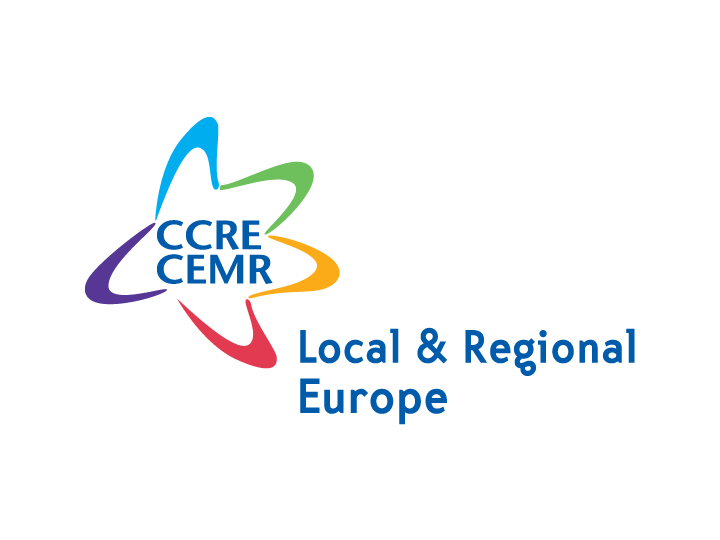CEMR’s transport committee adopts manifesto for sustainable mobility
The Transport committtee of the Council of European Municipality and Regions (CEMR) has adopted a manifesto on sustainable mobility, at its meeting in Bologna on 22 October 2004.
The manifesto is based on the fact that most cities and towns are faced with serious road congestion problems, and thus pollution problems. The text calls for European Union sustainable mobility policies to be placed at the core of EU, national, regional and local actions. CEMR also calls for better quality public transport as well as promoting alternatives to the use of private cars.
CEMR also calls for the launching of a new transport policy based on consultations involving local and regioanl government, national governements, the European Commission and other stakeholder such as road users and operators.
The final version of the Bologna manifesto will be available within one month.
Delegates at the Bologna meeting also debated the issue of the thematic strategy on urban environment. They noted that the conclusions of the Environment Council meeting of 14 October were "in line with our recommendations, namely : the obligatory nature of environmental management and sustainable transport plans should be reviewed". Members of the Transport committee said they are not against some EU framework on this issue as long as the principle of subsidiarity is respected and that such plans are not compulsory. Many speakers stressed that such sustainable mobility plans can't be imposed on a "top-down" approach and must be accompanied by relevant financial resources to implement them.
CEMR's Transport committee deplored the fact that the European Commission's research projects on transport focus more and more on big cities and big companies. Smaller local authorities are often excluded from such projects since they rarely have the resources to join them.
Other issues at the Bologna meeting were the revision of the regulation on public service obligations in passenger transport, the consequences of the "Altmark" ruling for public transport and the financing of sustainable transport projects.
The meeting was chaired by the chair of CEMR transport committee, president of Pays de la Loire region, Jacques Auxiette.
Participants included representatives from European local and regional government, from transport organisations as well as Emilia Romagna Transport minister, Alfredo Peri.
rn

Climate, Sustainable Finance Officer






